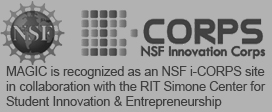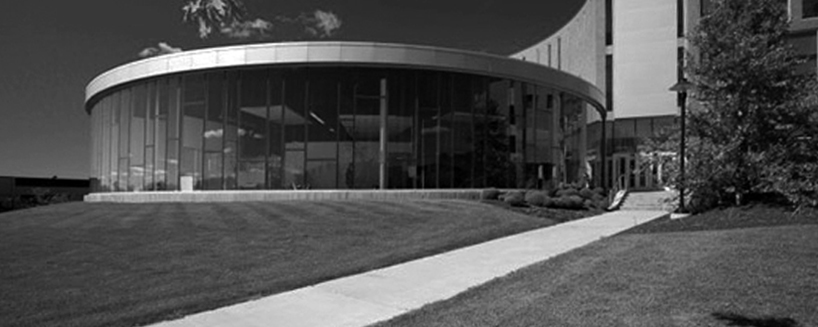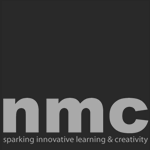
MAGIC is RIT's NMC Institute liaison.

The RIT MAGIC Center hosts the New York State Senate to talk game development...

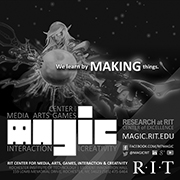

MAGIC is an Adobe © Partner by Design designee.

MAGIC is a feature story in the Fall 2013 / 2014 issue of the University Research Magazine. Check it out!
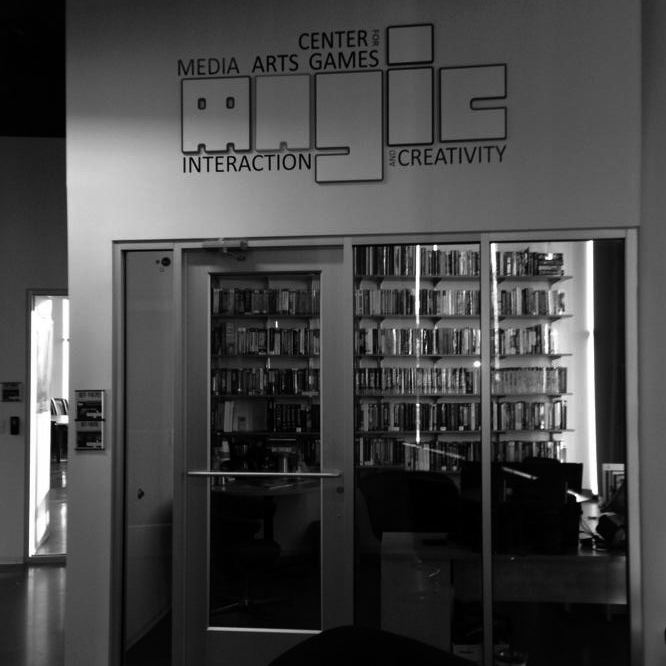
MAGIC labs open this Spring in SIH Bldg. 87
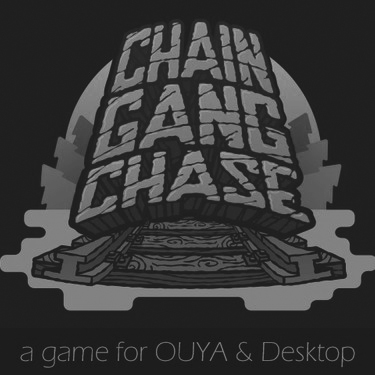
We made our Kickstarter goal for Chain Gang Chase!
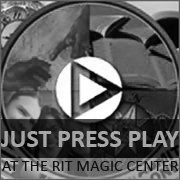
Just Press Play is going Open Source this Spring!

MAGIC is a Steam OS hardware beta site!

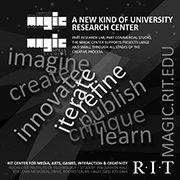
Upcoming Events
MAR
02
MAGIC @ GDC2015
We're heading off to the Game Developer's Conference, showcasing some amazing games and the work of MAGIC Spell Studios! If you're on the floor in San Francisco, please stop by and check out the talented work our students, alumni, faculty and staff. This year we are showcasing A.V., a game created by recent alumni that was incubated and published via MAGIC Spell on STEAM, Super Daryl Deluxe, and indie title that we worked with to support student work and fledgling game studio Dan & Gary Games, and Splattershmup: A Game of Art & Motion, a title directly developed by MAGIC Spell that began in a production studio course taught by Professor Andrew Phelps in the School of Interactive Games & Media. In addition, we're delighted to partner with our friends at Darkwind Media, who will be showcasing their work on their upcoming X-BOX title Wulverblade! Stop by and play the games, learn about MAGIC, and see what we're up to!

MAR
18
Shannon Vallor
The MAGIC Speaker series will host Shannon Vallor on March 18. Shannon Vallor, Ph.D. is Associate Professor of Philosophy at Santa Clara University in Silicon Valley, where she explores the ethical implications of emerging technologies including social media, robotics and digital surveillance. She is the author of a forthcoming book: 21st Century Virtue: Cultivating the Technomoral Self. In collaboration with Princeton computer scientist Arvind Narayanan, she has developed a free online teaching module on software engineering ethics now being used in 28 universities on 5 continents. The module has been featured in Pacific Standard and Slate magazines as well as the Communications of the ACM, the world's largest educational and scientific computing society. She is Vice-President/President-Elect of the international Society for Philosophy and Technology, and a member of the University of Notre Dame’s research group on Emerging Technologies of National Security and Intelligence (ETNSI).

Recent News
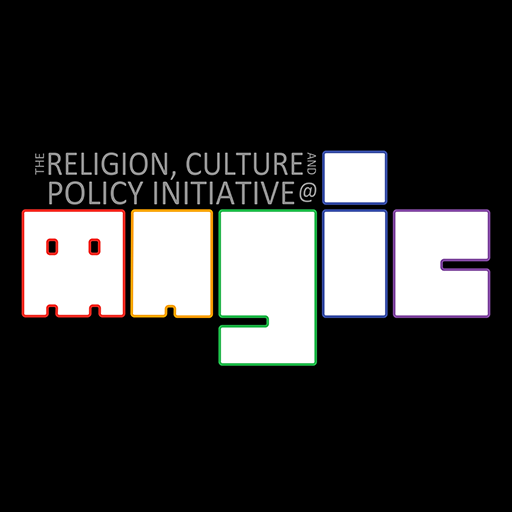
MAGIC Launches Research Initiative on Religion, Culture & Policy
In support of the efforts of Assistant Professor Owen Gottlieb and his collaborators that span academic and industry partnerships, and to better facilitate his explorations into the ways that games and digital media can education, inform, and encourage religious literacy and cultural understandings that impact policy, practice, and community, we are delighted to announce the formation of the MAGIC Initiative on Relition, Culture & Policy. More on this initiative and the research projects associated with these efforts is available on the initiative page at the MAGIC Center.


MAGIC Serves as Founding Member of HEVGA
Aspen, Colorado — July 1, 2014 — Announced today at the Aspen Ideas Festival, The Higher Education Video Game Alliance (The Alliance) will provide a platform for leading academics to showcase the critical role video game programs are playing in educating and preparing students for the 21st century workforce. The Alliance will afford its members, including professors and other campus leadership, an opportunity to share and highlight best practices, publish research, initiate and strengthen industry connections, and educate and engage policymakers and the media.


A.V. on STEAM
MAGIC Spell Studios helped launch A.V. The Game on Steam! You can read more about our work in supporting this project and launching a commercial title on behalf of our recent alumni in the university press coverage. And be sure to go play the game on STEAM, it's a really unique and interesting experience!

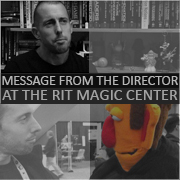
The RIT MAGIC Center
will lead higher education in the exploration, experimentation, design, development, and deployment of interactive, experimental, expressive and social media.
The MAGIC Center at RIT is a conscious and deliberate effort to blur the lines between the arts and the sciences, between technology and expression, between the study of the creation of media and its impact and effect on society and the human condition. It is intended as a university wide, multi- and cross-disciplinary center in which faculty, staff, and student researchers, artists, and practitioners come together to create, contextualize, and apply new knowledge in a multitude of related fields and disciplines as appropriate not only to STEM, or the Arts & Humanities, but their intersection.
The MAGIC Center is designed to bridge the gap between research and prototyping, and the ability to bring industry polish and commercial scale and support to myriad projects. This allows these works to have wider and greater impact. For this reason, MAGIC is composed of both a research laboratory (in which many other labs and working groups are housed or affiliated), and a production studio (which leverages our discoveries in ways that more broadly disseminate our work to peers and to the public at large).
A New Kind of University Research Center
University
Research


Engage faculty via traditional models of contribution: plans of work, funded release, Summer contracts, stipends, sabbaticals, etc.

Engage students via traditional methods of contribution: hourly positions, work-study, tuition waiver, research stipend, scholarship, etc.

Utilize traditional curricular, experiential & scholarly structures: projects, independent study, thesis, capstone, collaborative courses, shared-credit models, etc.

Support from federal, state, corporate, foundation, private donor & alumni partners: non-profit status, development and alumni relations, government relations, etc.

Partner with other RIT centers, laboratories, institutes, colleges, departments & stakeholders: leverage university partnerships as a campus-wide research center.

Utilize traditional university research support: Human Subjects and IRB, Sponsored Research, ITS, Accounting, University Legal, etc.

University Research: By holding one half of the center directly in the university, MAGIC benefits from the campus and its plethora of resources to support our work.
Commercial
Production


Engage faculty, staff & students via non-traditional models of contribution: Ability to hire as consultant, contractor, and/or professional, through customized IP negotiation, etc. as commonly practiced in the commercial industry.

Private agreements & studio sub-contracts: Ability to negotiable based on market forces and demand, to deal with 3rd party licensed content privately and effectively, and to contract with other commercial entities as needed...

Spawn additional companies and business ventures:Work with the RIT Simone Center for Entrepreneurship and Venture Creations to spawn spin-off companies at both the student and organizational level based on research & development.

Recruit professional experts: Ability to recruit outside the university for needed expertise (both locally and internationally), and engage through both academic and non-academic consulting relationships.

Small Business Funding: Ability to engage as a for-profit entity eligible for SBIR and similar style programs, to court and utilize venture funding or outside investment as appropriate.

Learn more about Magic Spell Studios and its unique relationship with the RIT MAGIC Center.
Student Learning Outcomes
In addition to the incredible value of co-op and experiential learning that happens on and off campus the world over (and is the hallmark of an RIT education), MAGIC Spell Studios provides a new and unique learning opportunity for our students. Many of our students come to campus today with ideas for products, services, or entire companies already formed. Often there are classes or directed research initiatives that produce such ideas during their educational experiences, often working with other students, faculty, and staff.
While we have many successful alumni that have formed their own studios (something we very strongly support), others have struggled in the midst of the process of taking ideas and concepts from the classroom to the online store or digital download. MAGIC Spell Studios represents a functional methodology for ideas from anywhere in the RIT community to become realized: it bridges the gap between concept and product in a way that lets students, faculty and staff continue working with each other but in a different context. It creates a pipeline to extend our ability to bring products to the public, and to engage and mentor students throughout that process.




